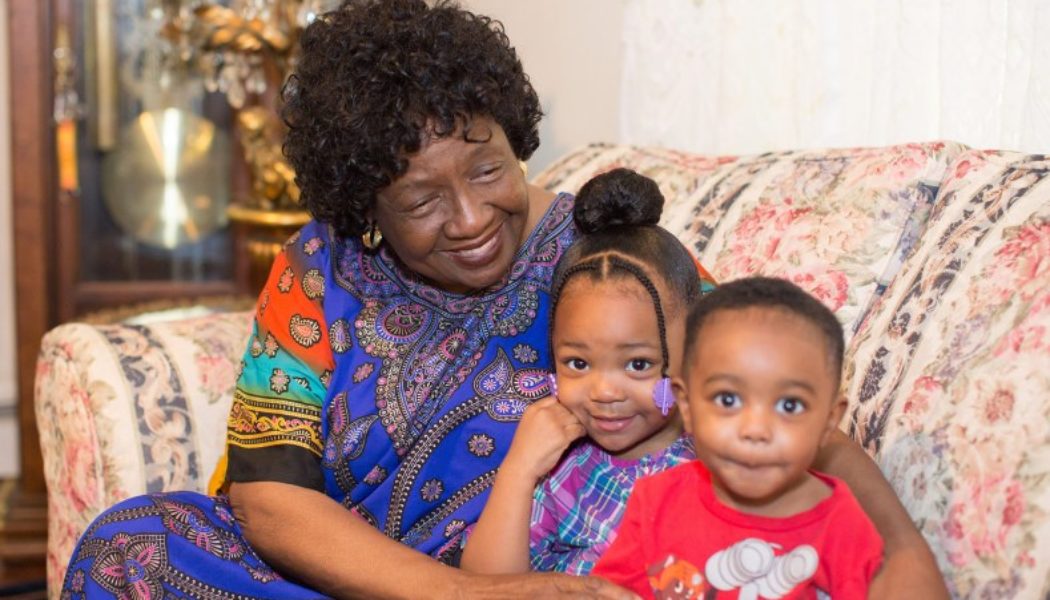
Let’s rally around it to free foster children for families and to free us from the tyranny of sexual-revolution ideology.
The Supreme Court, in Fulton v. Philadelphia, just ruled against the City of Philadelphia, which had argued that Catholic Social Services (CSS) could not be a partner in helping children in foster care get out of the overburdened foster system and into loving homes. As commentary earlier this month echoed, the city saw foster care as being about adults more than children. Had the Supreme Court ruled differently, the case would have been heralded as a Pride Month win. But the Supreme Court unanimously saw things clearly. And this should give us hope that everything doesn’t have to be about sex and politics. Sometimes it can be about our common humanity and the needs of the most vulnerable.
“Maximizing the number of foster families and minimizing liability are important goals, but the City fails to show that granting CSS an exception will put those goals at risk. If anything, including CSS in the program seems likely to increase, not reduce, the number of available foster parents.” Thank you, Chief Justice John Roberts! Thank you, Sonia Sotomayor and Elena Kagan and Stephen Breyer. We don’t agree on a lot of things, and that’s what makes this decision such a treasure. They joined Roberts, as did Brett Kavanagh and Amy Coney Barrett. If you believed the rhetoric out there, the latter two were going to be some of the most radically Trumpian Trumpsters. In reality, we have judges, doing their jobs.
From a conservative point of view, the concurring opinion from Samuel Alito, Clarence Thomas, and Neil Gorsuch would have been the way to go. But in some ways, this is much better. Because a decision was made that brought people from different perspectives together in defense of religious liberty and the vulnerable children of Philadelphia. We didn’t need every religious-liberty problem solved in one decision; we needed to get Catholic Social Services back at work certifying and supporting foster families, for the sake of children.
The Fulton ruling has me thinking about a book Mary Eberstadt wrote — It’s Dangerous to Believe: Religious Freedom and Its Enemies, published in 2016. It was meant as a plea from a conservative Christian to people of good will on the left. The secularization of America goes too far, she held, when it loses sight of pluralism and becomes hostile to real, lived religion:
The sexual revolution . . . is the centerpiece of a new orthodoxy and new morality that elevates pleasure and self-will to first principles. This has become, in effect, a rival religion. That is what explains the outsize hostility toward believers who have been minding their own business, or trying to educate their children, or expressing their faith in public forums — or otherwise behaving in ways that once invited no penalties, and now do. Ubiquitously.
It’s this hostility that caused the city of Philadelphia to cut off ties with Catholic Social Services — a storied and superior player among foster-care and adoption agencies — because of their views on marriage and the family. But the good news is that the Supreme Court has heard the plea. Things have gone too far. That’s why all people of good will can rally around the Fulton case. People close to the plaintiffs in the case admit that the unanimous 9–0 ruling wasn’t in their wildest dreams.
The Fulton ruling suggests that we can, in fact, work together for the good of children, even when we disagree on some fundamental things. “Government fails to act neutrally when it proceeds in a manner intolerant of religious beliefs or restricts practices because of their religious nature.” Thank you, majority opinion! This is how we live together, protecting religious freedom, even when we have fundamental disagreements about the nature of marriage and the human person. It’s not bigotry to hold a belief that the president of the United States said he held not so long ago.
In It’s Dangerous to Believe, Eberstadt also writes:
Reasonable people of a-religious or even anti-religious inclination might also err on the side of magnanimity by acknowledging the possibility that believers have something to offer the wider society — including not only their charitable operations, but also their expanding critique of a revolution that continues to transform the whole world.
She cites Jonathan Rauch, who was a proponent of same-sex marriage before it was law, who said, “If Catholic Charities doesn’t want to place children for adoption with same-sex couples in Massachusetts but lots of other agencies will make the placement, we can live with that.” And that how it should be in Philadelphia and anywhere else where there are children in need. As we head toward a post-Fulton Independence Day, let’s rally for freedom — true pluralism in the United States again. It might just dial down our political and cultural temperature.
This column is based on one available through Andrews McMeel Universal’s Newspaper Enterprise Association.
Join Our Telegram Group : Salvation & Prosperity









